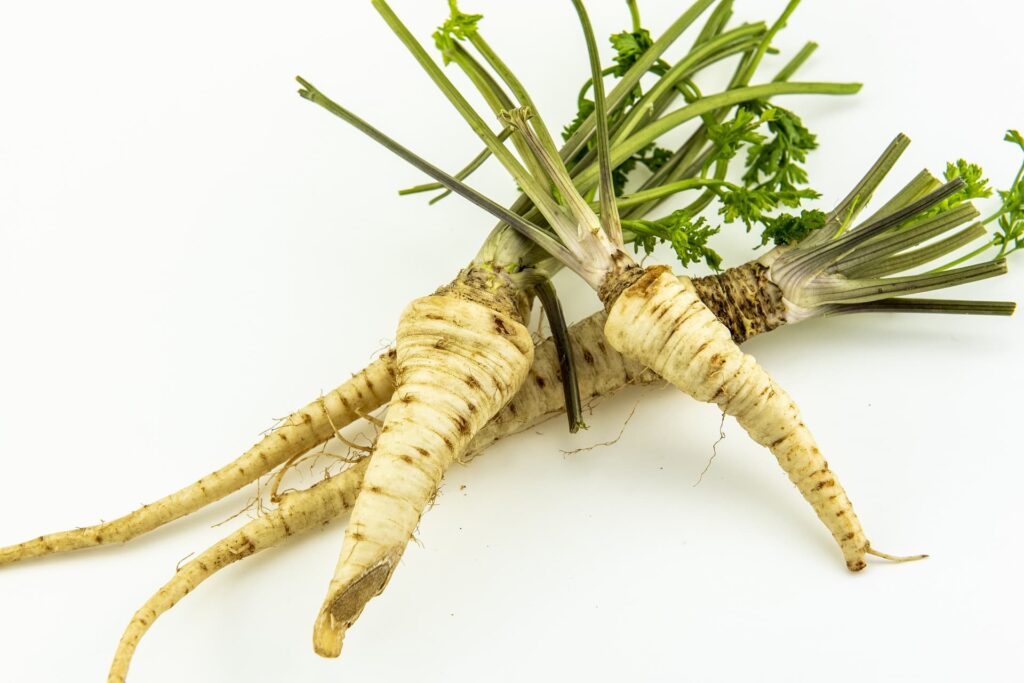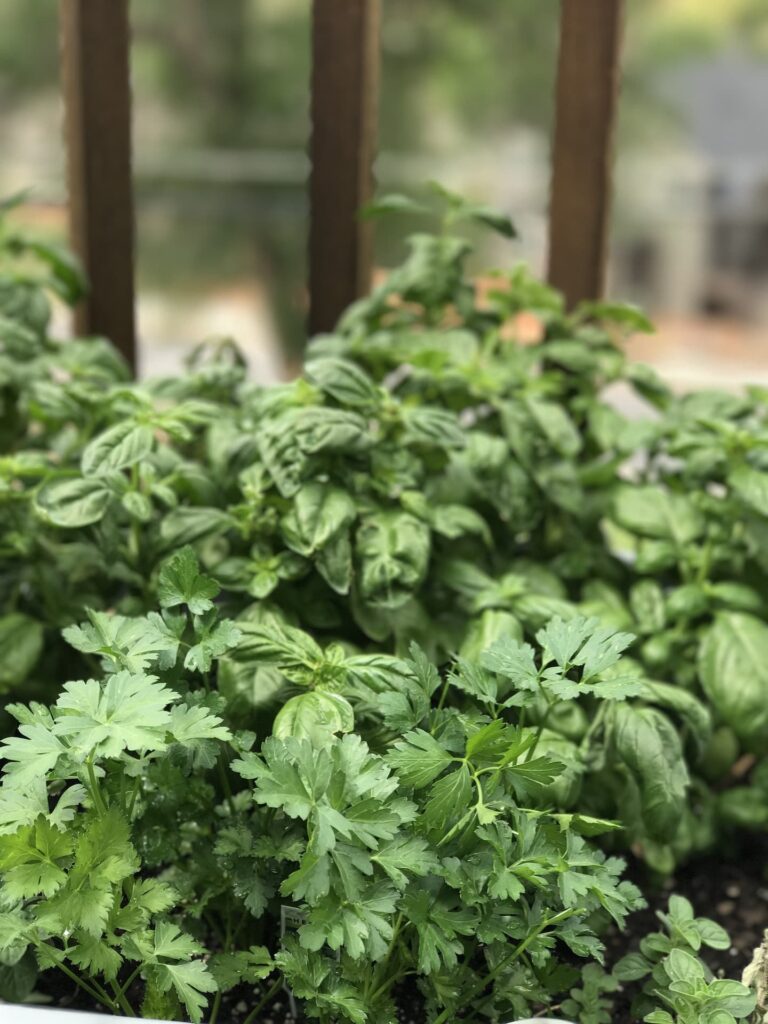Herbs
Grilled vegetables or steaks without seasoning? It only tastes half as good. Swiss farming families grow numerous herbs and spices that can be used to refine the flavour of dishes, or which taste good as tea or can serve as medicinal herbs.

From the farm straight to the garden
Increasing numbers of Swiss people are now buying products from farm shops. Numerous farming families grow herbs in the spring and sell them to hobby gardeners to plant in their gardens at home. Herbs that you buy in farm shops are guaranteed to be top quality. But even if you don’t have a garden, you’ll find something to your taste – a large number of farm shops sell ready-to-use teas and spices.
Ricola – an original Swiss product boosts cultivation
The largest purchaser of Swiss herbs is Ricola. More than 100 farmers in Switzerland’s mountain regions cultivate the 13 herbs needed for these herbal sweets. And, each year, Ricola processes 250 tonnes of dried herbs into its famous sweets and tea. When Ricola began to use exclusively Swiss herbs, this also prompted more extensive cultivation of these herbs in Switzerland’s mountain regions.
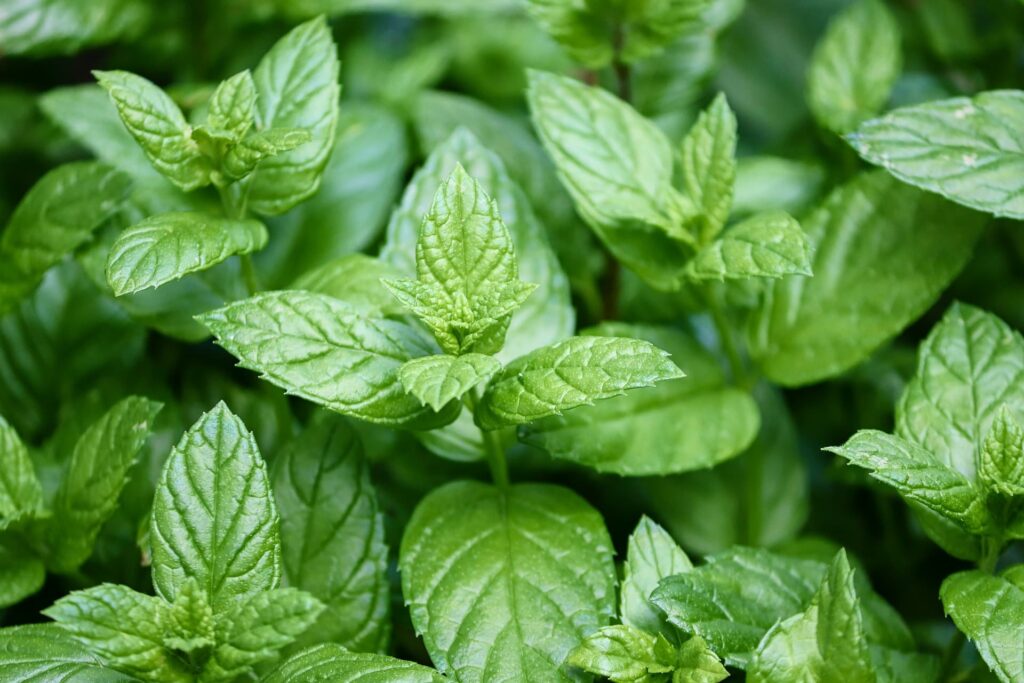
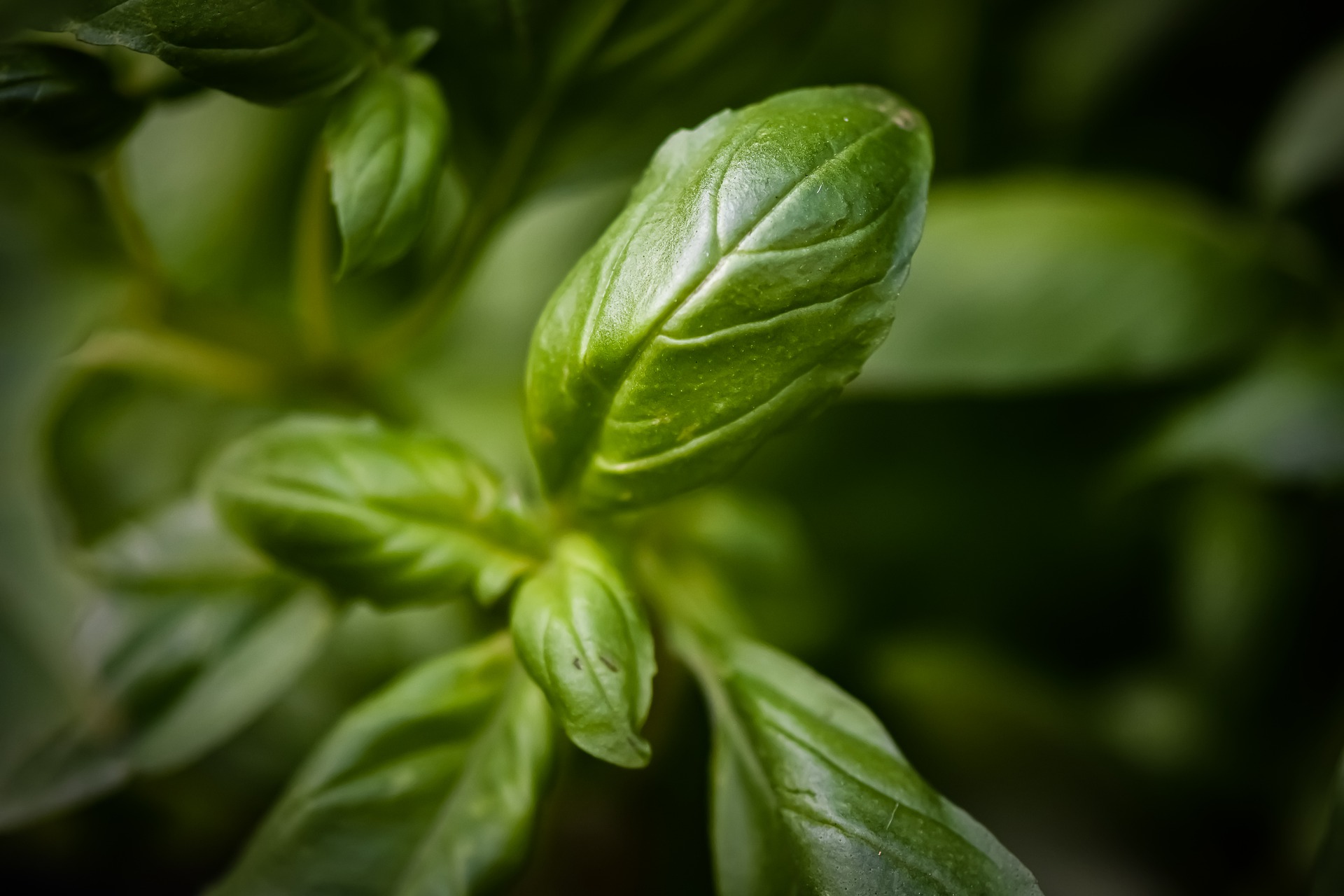
Basil
From Switzerland and Europe right over to Asia: basil is one of the most commonly used “spices” almost everywhere.
Extensive cultivation of organic herbs
More than half the land used to grow kitchen and medicinal herbs in Switzerland is cultivated organically by farming families. Organic cultivation has increased significantly over the past ten years. Dried herbs, in particular, come from the mountainous regions.
Parsley – a versatile kitchen herb

Sought-after rare herbs
Not only well-known herbs like basil or parsley grow in Switzerland. Pro Specie Rara looks after and preserves different species of herb that have traditionally been used in Switzerland but which have been partially forgotten about. These not only include old varieties of well-known herbs but also spoonwort, medicinal onions and angelic, which have been discovered and preserved for us through the work of Pro Specie Rara.
Medicinal herbs
Apart from the great taste that herbs lend to food, they also have further benefits – they can have a healing effect. Medicine has relied on herbs for centuries. People drink sage tea for a cold, while peppermint or thyme can help with stomach problems. And it’s practical too – all the healing and tasty herbs will grow in your garden at home or even on your balcony. You then always have fresh herbs to hand for cooking or in case you get ill – whether mint, sorrel or savory.

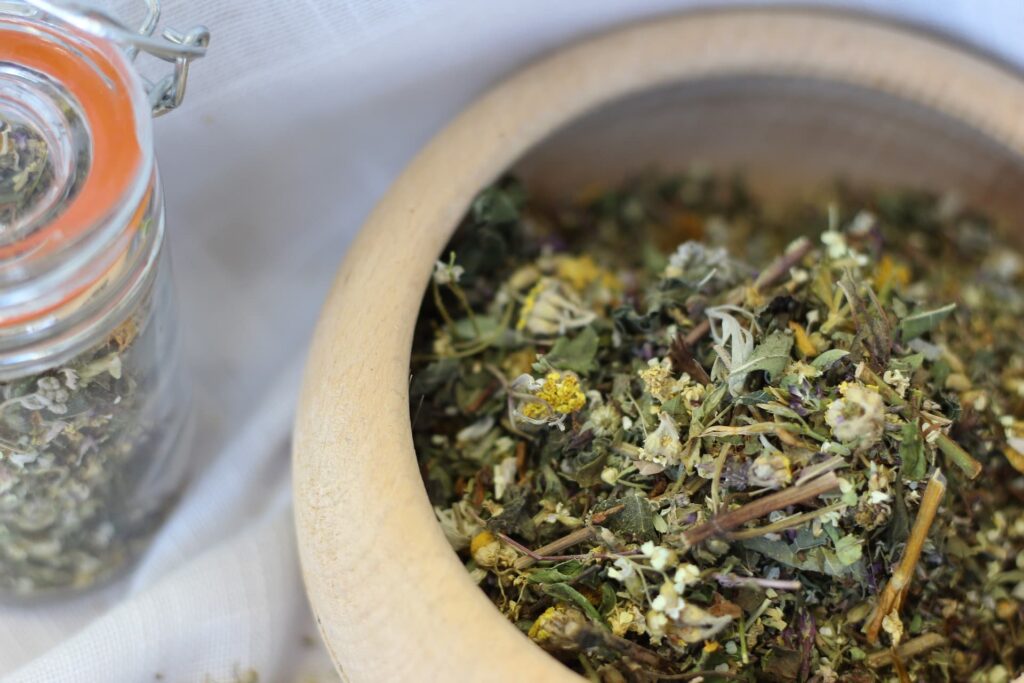
Wormwood – the herb for absinthe
Wormwood is a famous, and formerly infamous herb in Switzerland. It is one of the ingredients of absinthe – the speciality spirit from the Val de Travers in the canton of Neuchâtel. This popular absinthe was banned in Switzerland up until 2005, but the tradition was kept alive. Farmers are now growing wormwood legally for the absinthe distilleries again. When the different varieties of wormwood come into bloom between July and September, it’s time to harvest it. The characteristic smell of wormwood comes from its essential oils. Those who don’t drink alcohol can still enjoy the herb – it tastes just as good in the form of tea.
Regional produce for you
Find herbs in your local area

